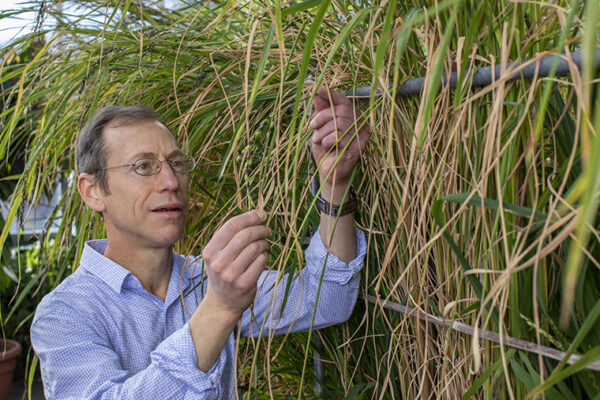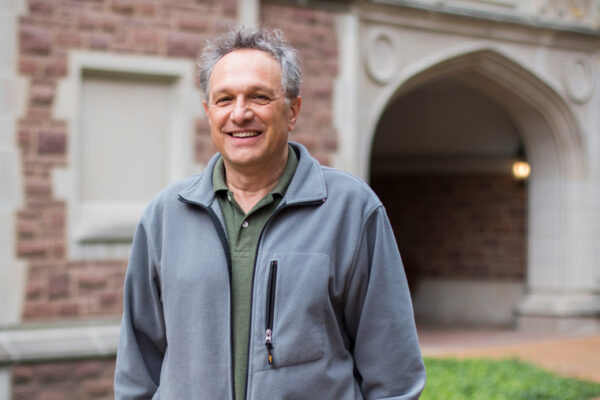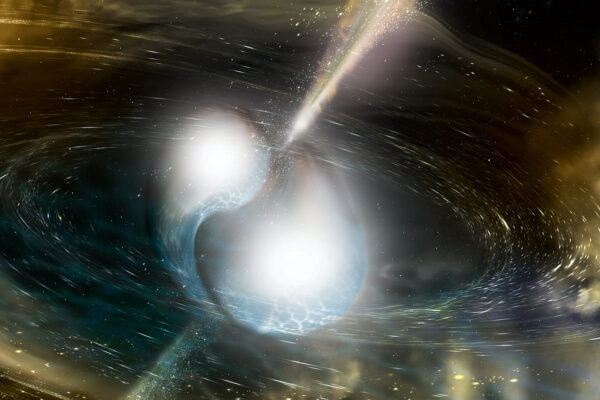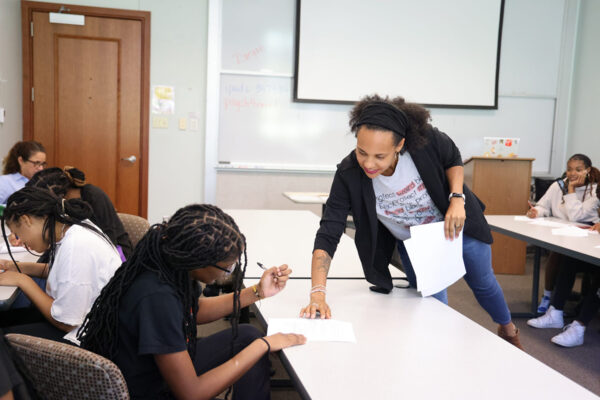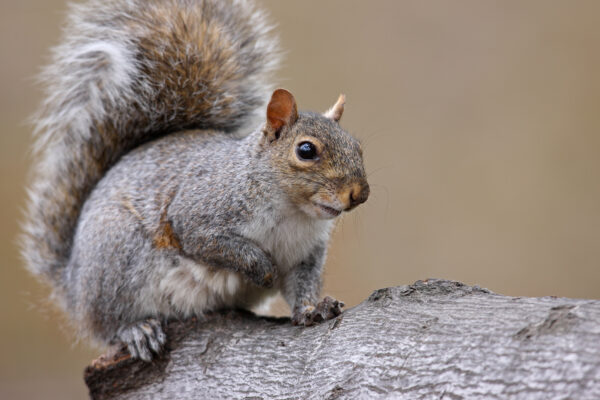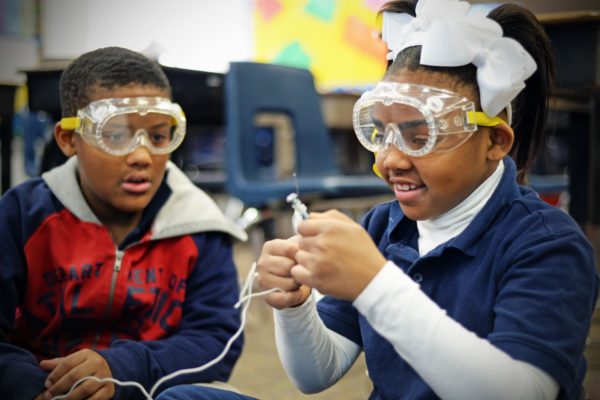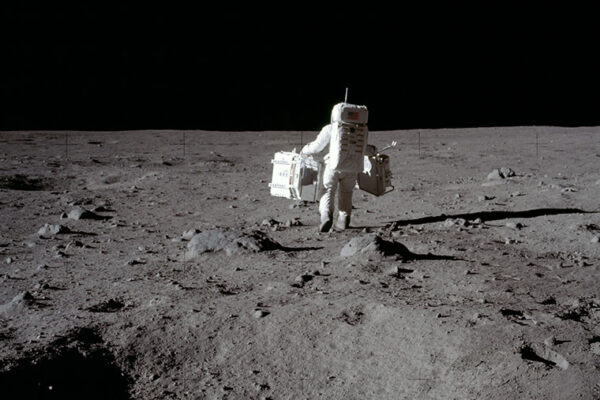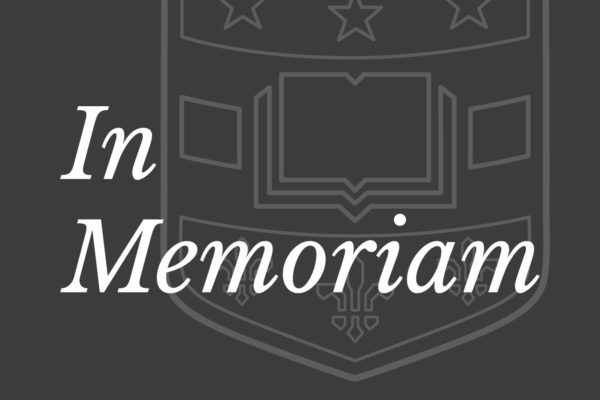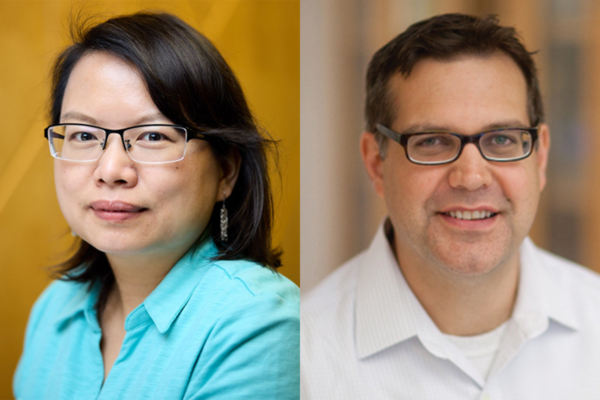Biologist Olsen helps launch global wild rice alliance
Kenneth Olsen, a George William and Irene Koechig Freiberg Professor of Biology in Arts & Sciences, joined researchers from 24 countries in an effort to strengthen cooperation and solve a key problem of improving rice yields.
Why do we blame the victim?
In a new study published in Evolution and Human Behavior, Washington University researchers explore what causes people to decline lending a helping hand. In many cases, they find a way to blame the victim, resolving inner conflict by finding shortcomings in the person needing help, according to the research.
Finding new physics in debris from colliding neutron stars
Neutron star mergers are a treasure trove for new physics signals, with implications for determining the true nature of dark matter, according to research from physicist Bhupal Dev in Arts & Sciences.
Capturing the power of ‘Black Girl Magic’
In a new study, Seanna Leath, an assistant professor of psychological and brain sciences in Arts & Sciences, explores the benefits of the Black Girl Magic Crew, an after-school program designed by Black women and girls to help girls feel encouraged and supported.
How bias shows up in maps made with citizen science data
When biologist Elizabeth Carlen in Arts & Sciences saw that squirrels were not being reported in north St. Louis, she wanted to know why. Her new paper in People & Nature illustrates how social and ecological factors can create bias in contributory science data.
Framework promotes equitable science learning
Teaching science in a way that includes and engages all learners can be challenging, but a new framework developed by the Institute for School Partnership at Washington University in St. Louis, and published in the journal Science and Children, provides criteria for equitable lesson development in elementary science.
Space sciences team wins microanalysis award
A team from the McDonnell Center for the Space Sciences won the Microanalysis Society’s Macres Award for the best instrumentation/software paper.
Peter Alan Fedders, professor emeritus of physics, 85
Peter Alan Fedders, a professor emeritus of physics in Arts & Sciences at Washington University in St. Louis, died Feb. 22, 2024, in La Jolla, Calif. He was 85. Fedders was an expert in condensed-matter physics who made significant contributions to the theory of nuclear magnetic resonance.
Efficient lithium-air battery under development to speed electrification of transit
With $1.5 million from the U.S. Department of Energy, a collaborative team of researchers led by the McKelvey School of Engineering is working toward creating efficient and reliable batteries for transportation use.
Chen, Silva named senior members of National Academy of Inventors
Hong Chen and Jonathan Silva, both faculty members in the McKelvey School of Engineering at Washington University in St. Louis, have been named senior members of the National Academy of Inventors. They will be inducted in June.
Older Stories
